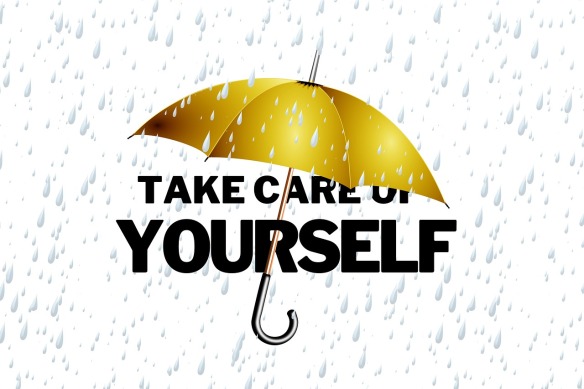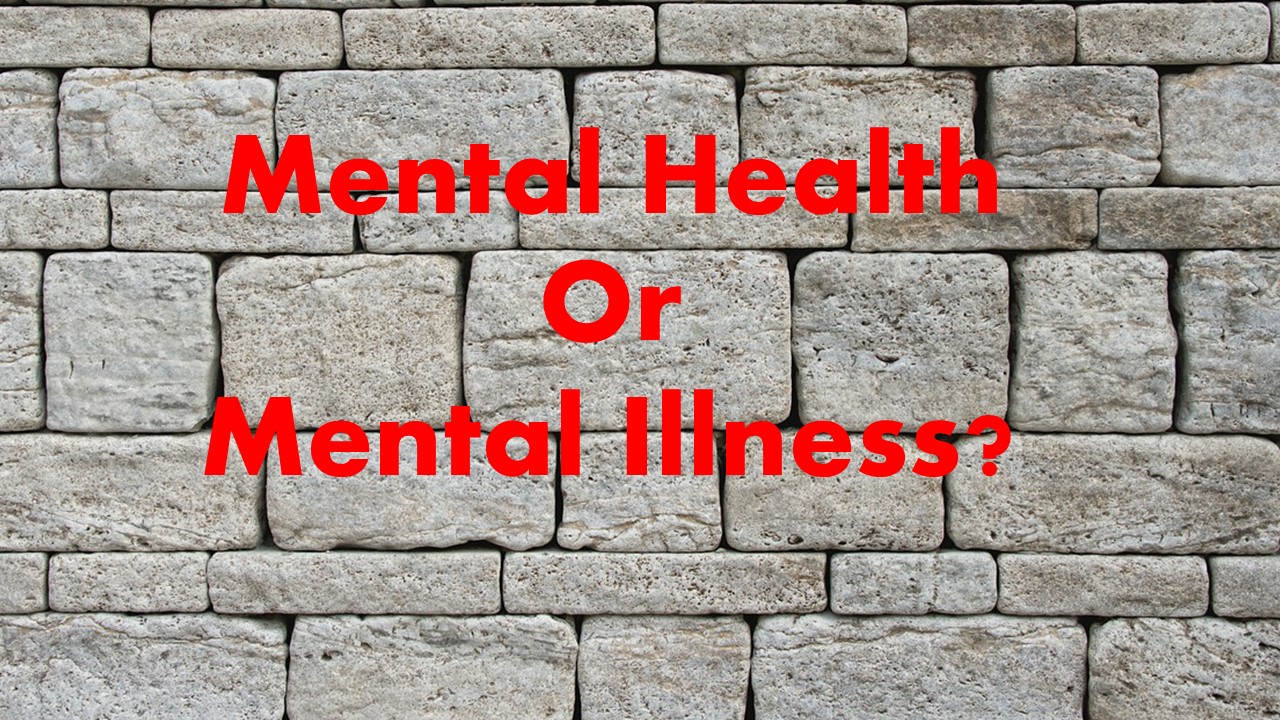
By David Joel Miller, MS, Licensed Therapist & Licensed Counselor.
Have things been rough lately?
Times have been difficult over the last year for a great many people. For some people, life has been a struggle for a lot longer than that. There’s an illness stalking the land. Maybe you’ve been sick, or someone close to you has, possibly someone you know has died.
There’s also been economic difficulties and political divisions. Maybe you’ve been out of work, or your business has closed. You may not have had the money to pay your bills, or you may even be facing homelessness. You may be feeling hopeless, not knowing how you will cope with the future. There are things you can do to ease your pain.
Right now, the world seems to be a pretty cruel place. Something that’s missing, something we all need more of right now, is basic kindness. The starting point for that is compassion. If you haven’t been getting enough compassion recently, what you need to do is begin to cultivate self-compassion.
What is self-compassion?
Compassion is feeling kindly toward someone who is suffering and wanting to help. Self-compassion happens when we give ourselves the same kindness and care we might give a friend or family member. Self-compassion begins when you recognize that it’s okay to acknowledge your pain and treat yourself kindly.
How do you create more self-compassion?
Creating more self-compassion does not mean giving in to your pain or giving up. It starts with the recognition that more kindness, more self-compassion, could ease your suffering. There are four necessary steps to cultivating more self-compassion. Take a look at each of these steps and see how you can apply it to your life.
Recognize that you are suffering.
Recognition doesn’t mean surrender. Tell yourself the truth about your suffering. You’re experiencing pain. Whether they are physical or emotional, those pains are trying to tell you something about the struggles you’re going through. Don’t ignore your pains. They deserve to be recognized.
Accept that feeling pain is normal.
Your pain is unique to you, but the experience of feeling pain is something that happens to everyone. That you’re currently going through hard times doesn’t mean you are somehow being singled out for punishment. What you’re experiencing probably isn’t fair, but don’t add to the pain by punishing yourself for feeling that pain. Tell yourself that it’s okay to feel whatever you are feeling.
Meet the pain with positive feelings.
When you’re in pain, don’t be cruel to yourself. Treat yourself with kindness. Do things to take care of yourself. Show yourself love, warmth, and positive feelings. Express to yourself your concern for your well-being. You deserve to experience love, and who better to show you love them yourself.
Soften the impact of the pain.
Do whatever you can to reduce the impact of the pain. Look for ways that you can take small incremental steps to reduce the pain or minimize the suffering.
For more on this topic, visit the self-compassion organization website.
Staying connected with David Joel Miller
Seven David Joel Miller Books are available now!
My newest book is now available. It was my opportunity to try on a new genre. I’ve been working on this book for several years, but now seems like the right time to publish it.
Story Bureau is a thrilling Dystopian Post-Apocalyptic adventure in the Surviving the Apocalypse series.
Baldwin struggles to survive life in a post-apocalyptic world where the government controls everything.
As society collapses and his family gets plunged into poverty, Baldwin takes a job in the capital city, working for a government agency called the Story Bureau. He discovers the Story Bureau is not a benign news outlet but a sinister government plot to manipulate society.
Bumps on the Road of Life. Whether you struggle with anxiety, depression, low motivation, or addiction, you can recover. Bumps on the Road of Life is the story of how people get off track and how to get your life out of the ditch.
Dark Family Secrets: Doris wants to get her life back, but small-town prejudice could shatter her dreams.
Casino Robbery Arthur Mitchell escapes the trauma of watching his girlfriend die. But the killers know he’s a witness and want him dead.
Planned Accidents The second Arthur Mitchell and Plutus mystery.
Letters from the Dead: The third in the Arthur Mitchell mystery series.
What would you do if you found a letter to a detective describing a crime and you knew the writer and detective were dead, and you could be next?
Sasquatch. Three things about us, you should know. One, we have seen the past. Two, we’re trapped there. Three, I don’t know if we’ll ever get back to our own time.
For these and my upcoming books; please visit my Author Page – David Joel Miller
Want the latest blog posts as they publish? Subscribe to this blog.
For videos, see: Counselorssoapbox YouTube Video Channel








